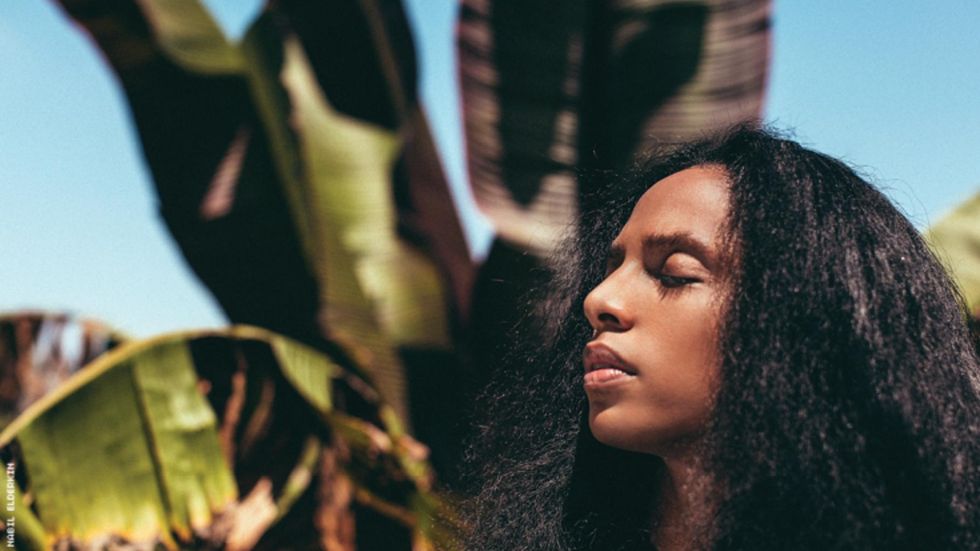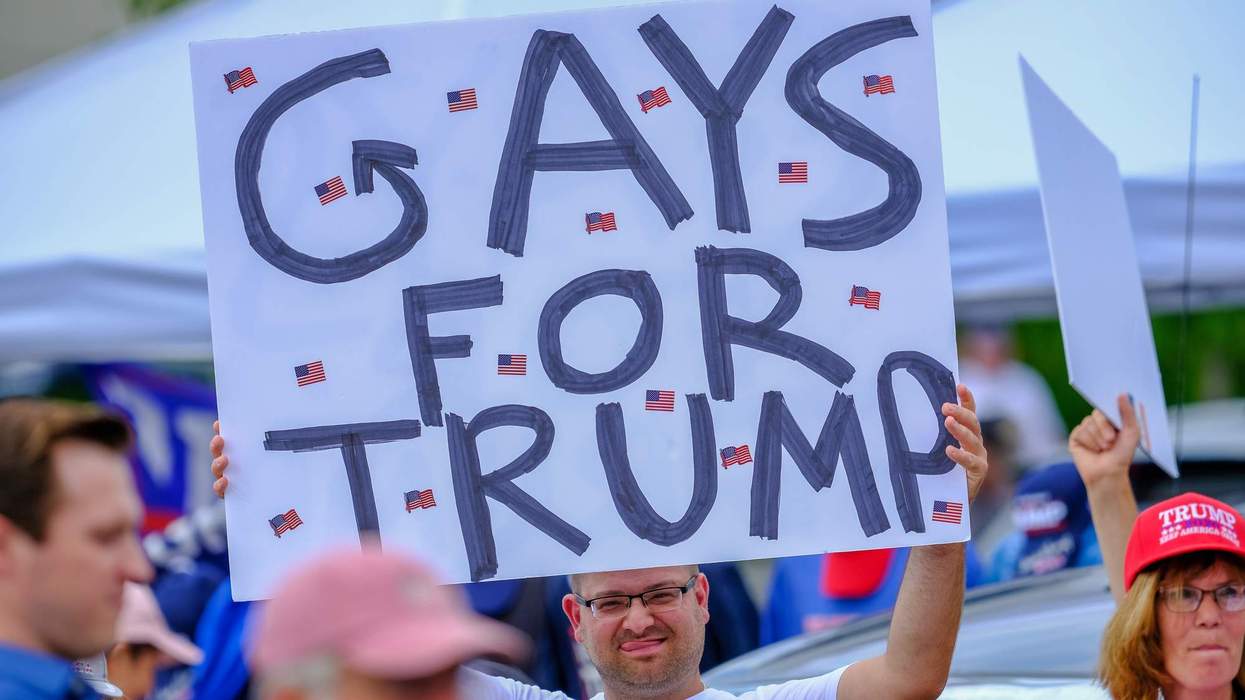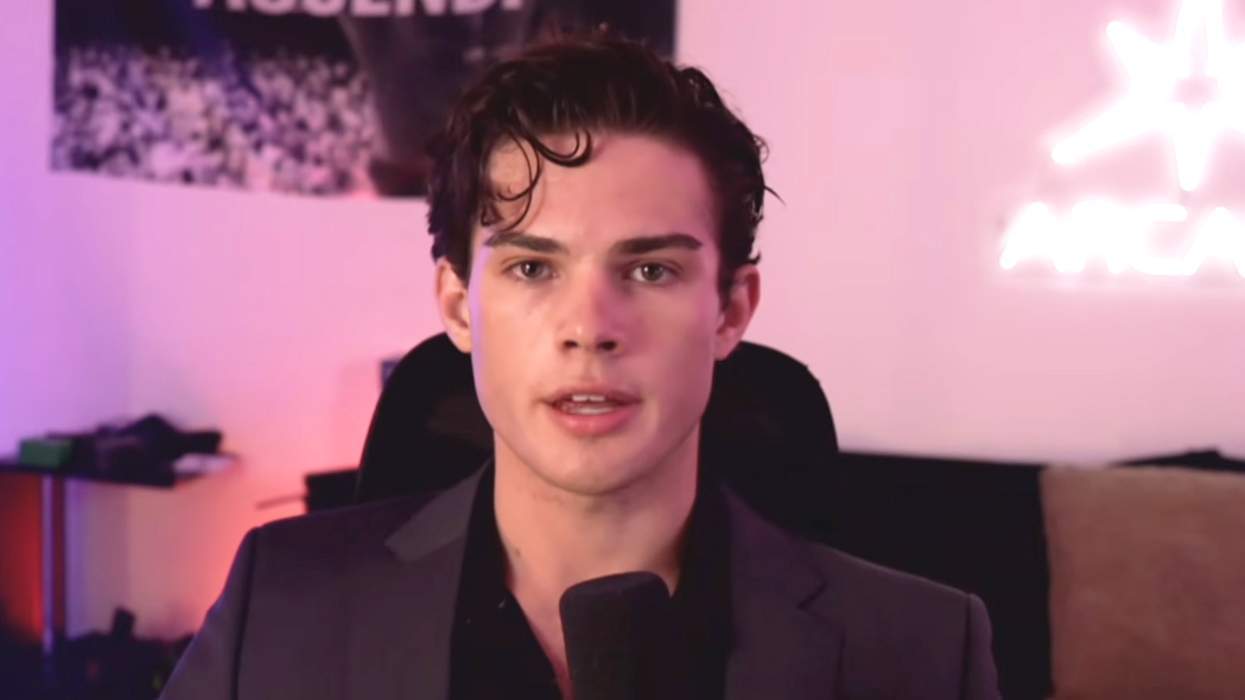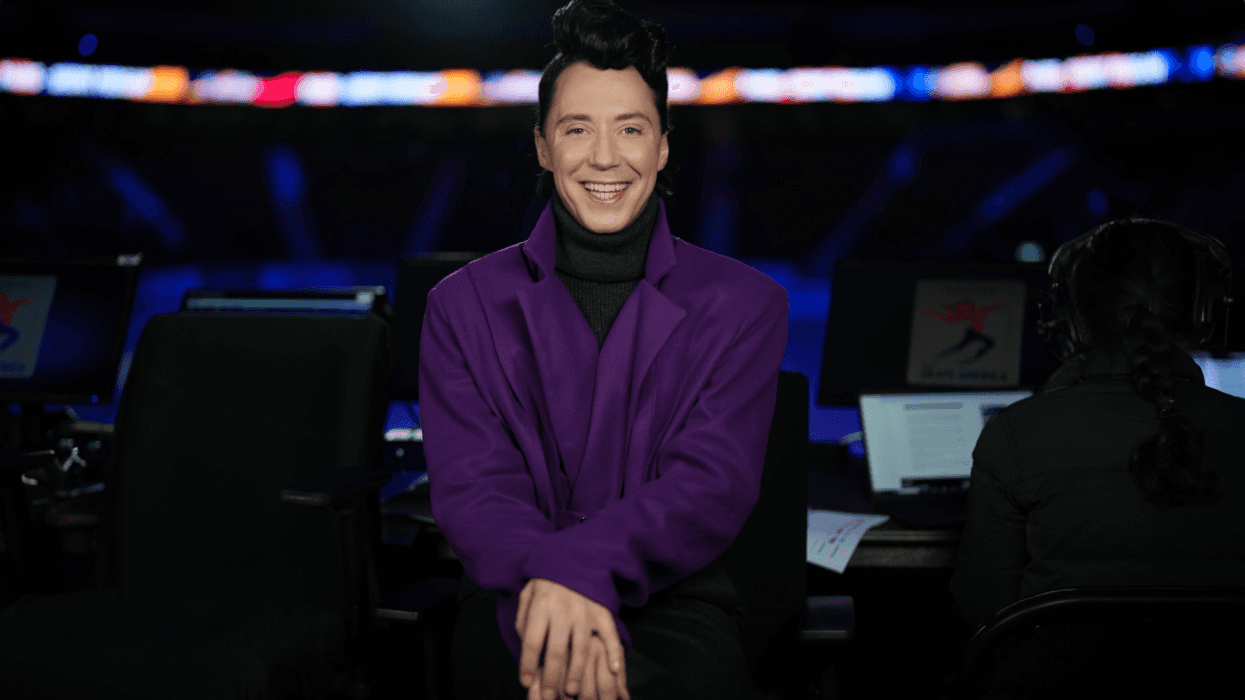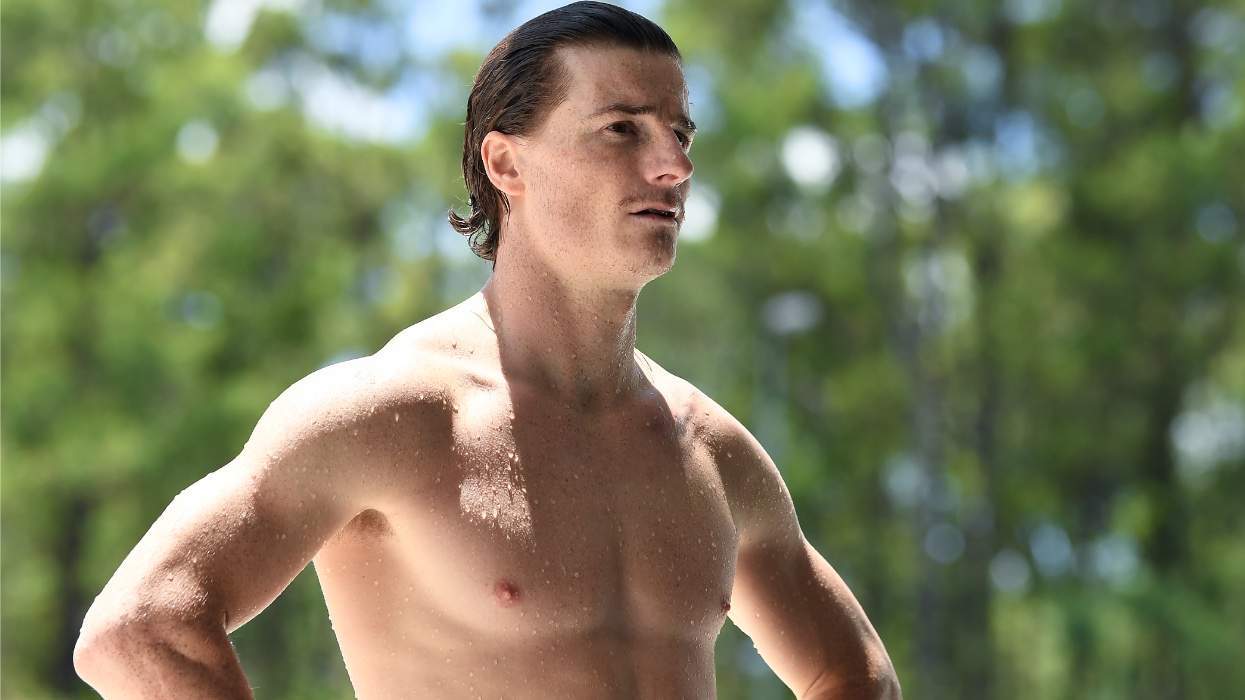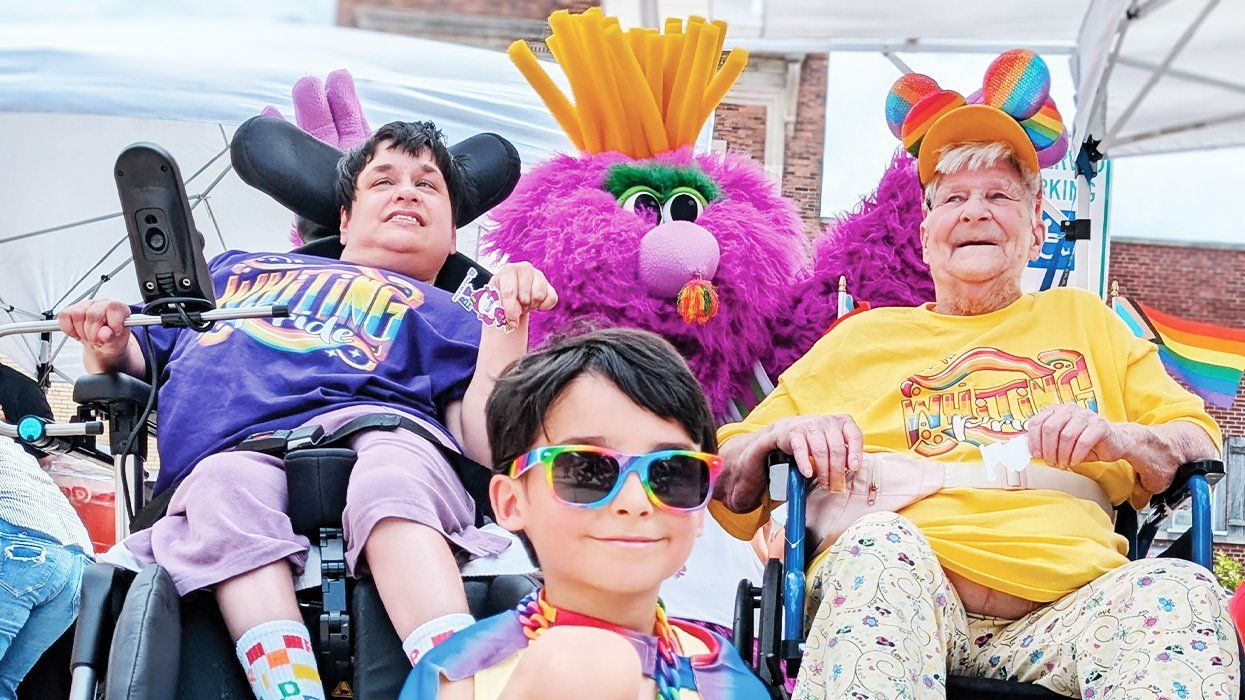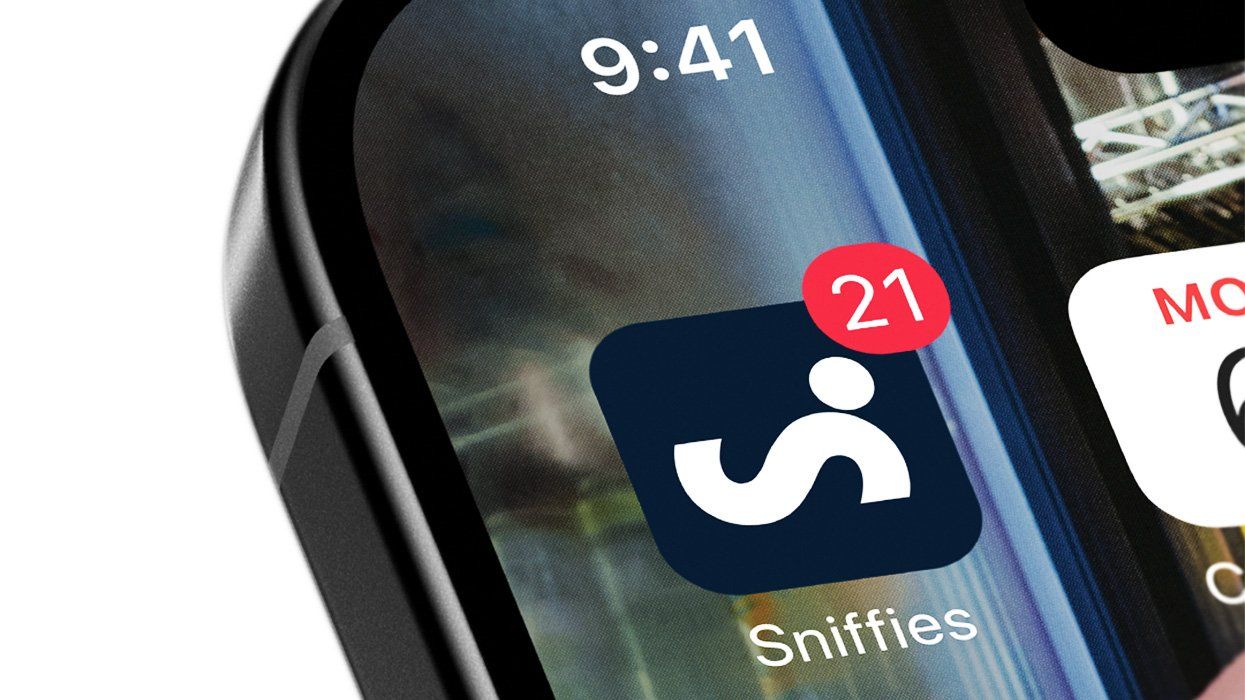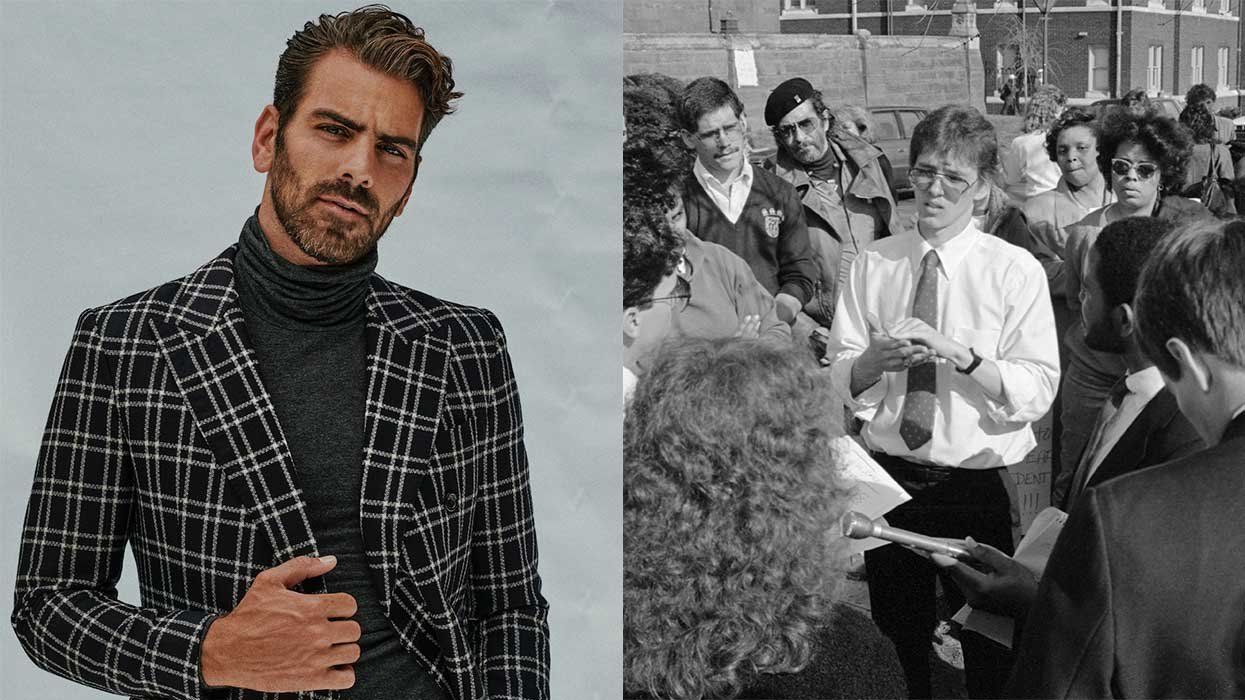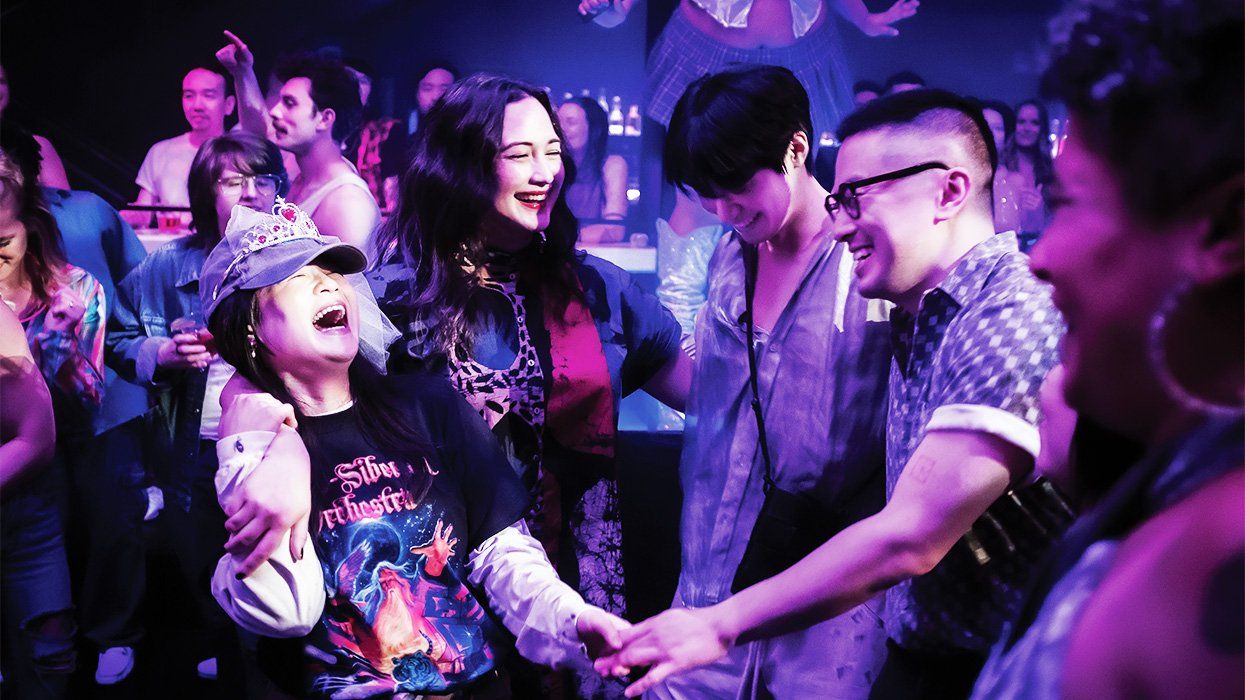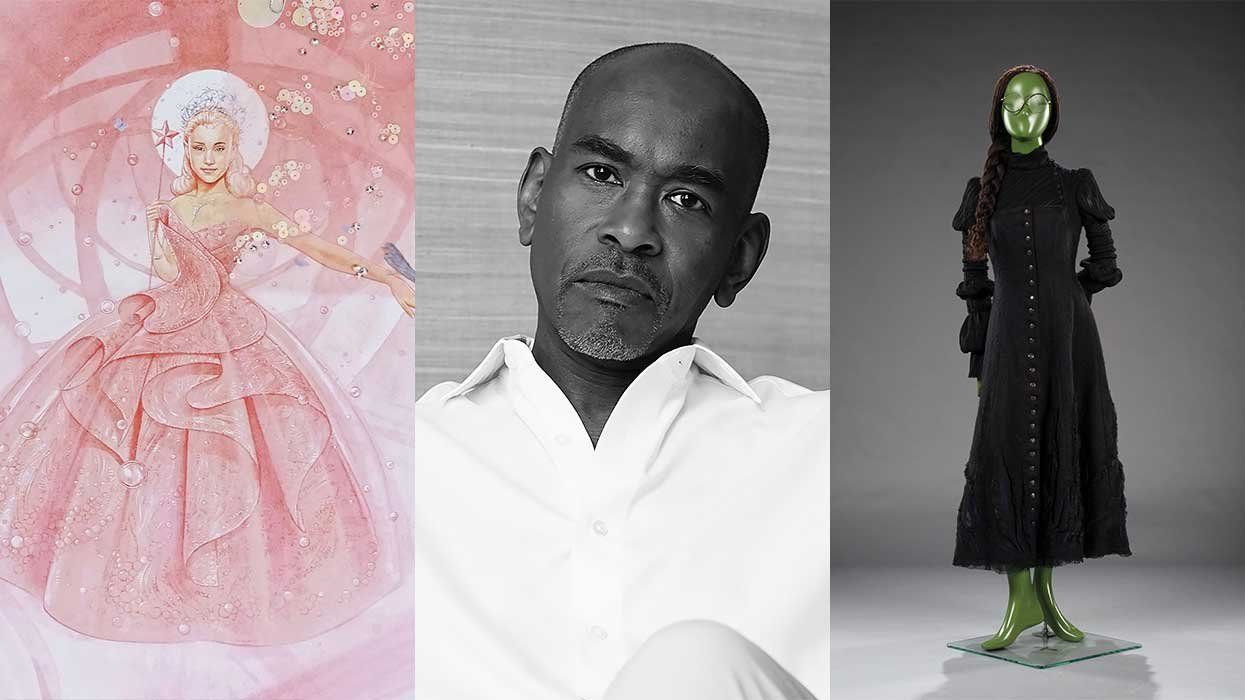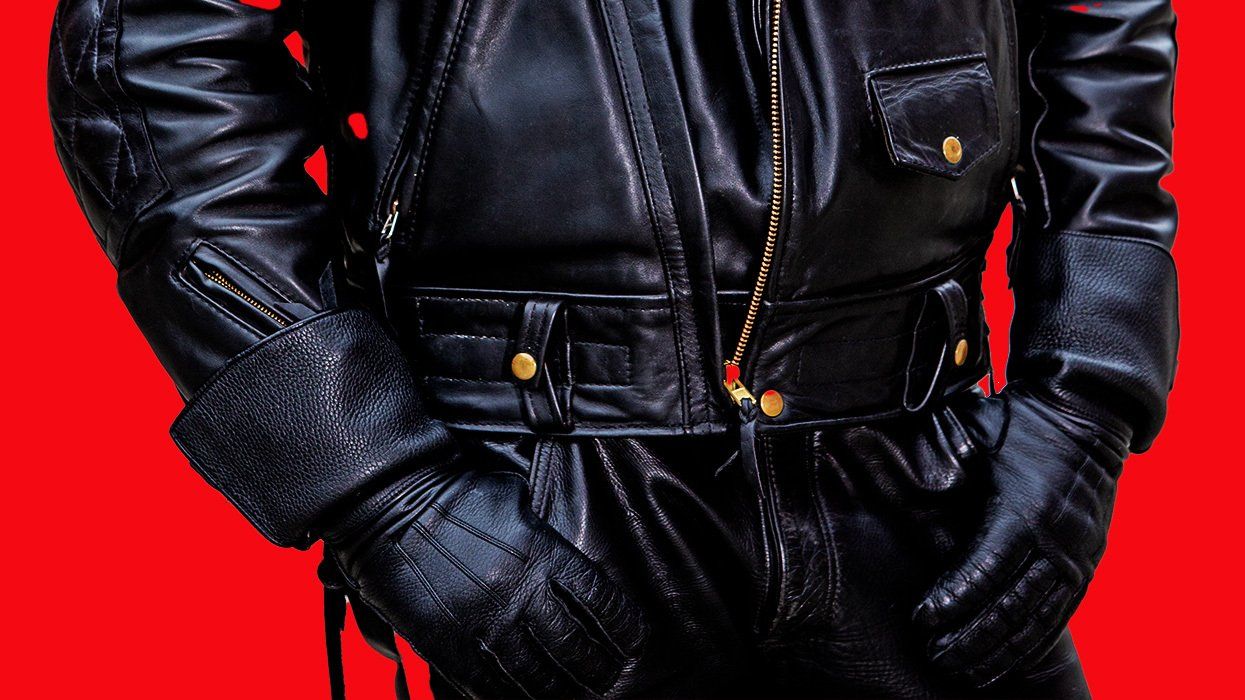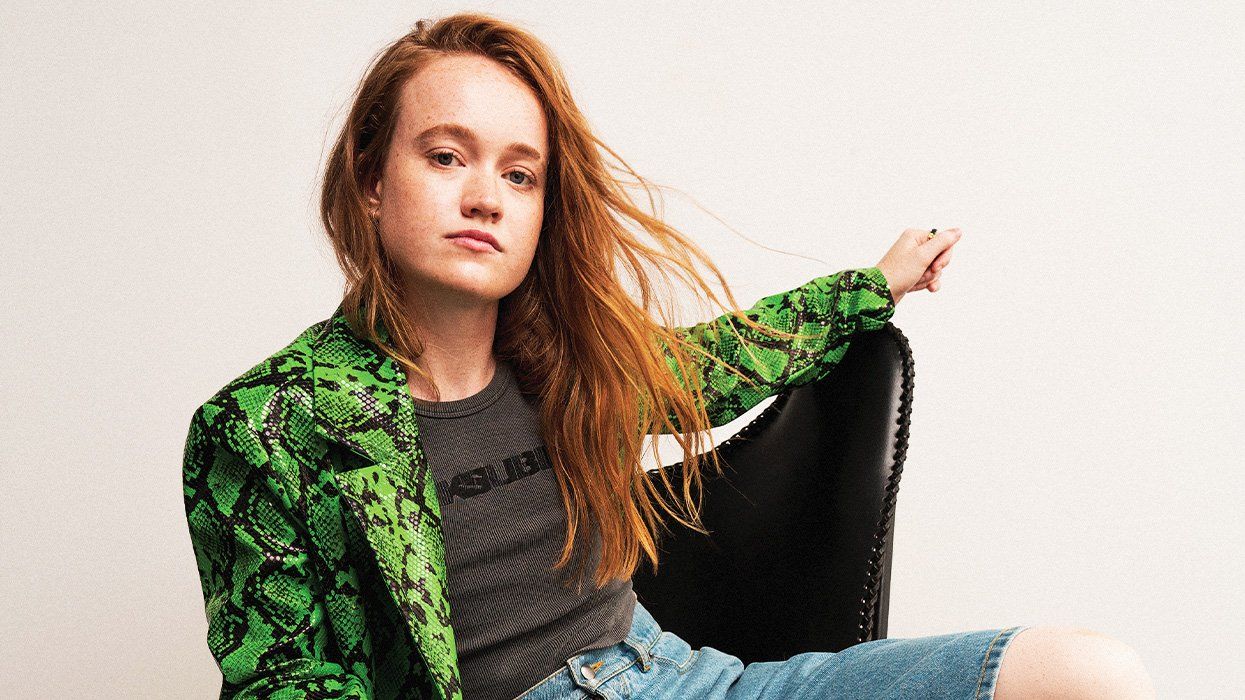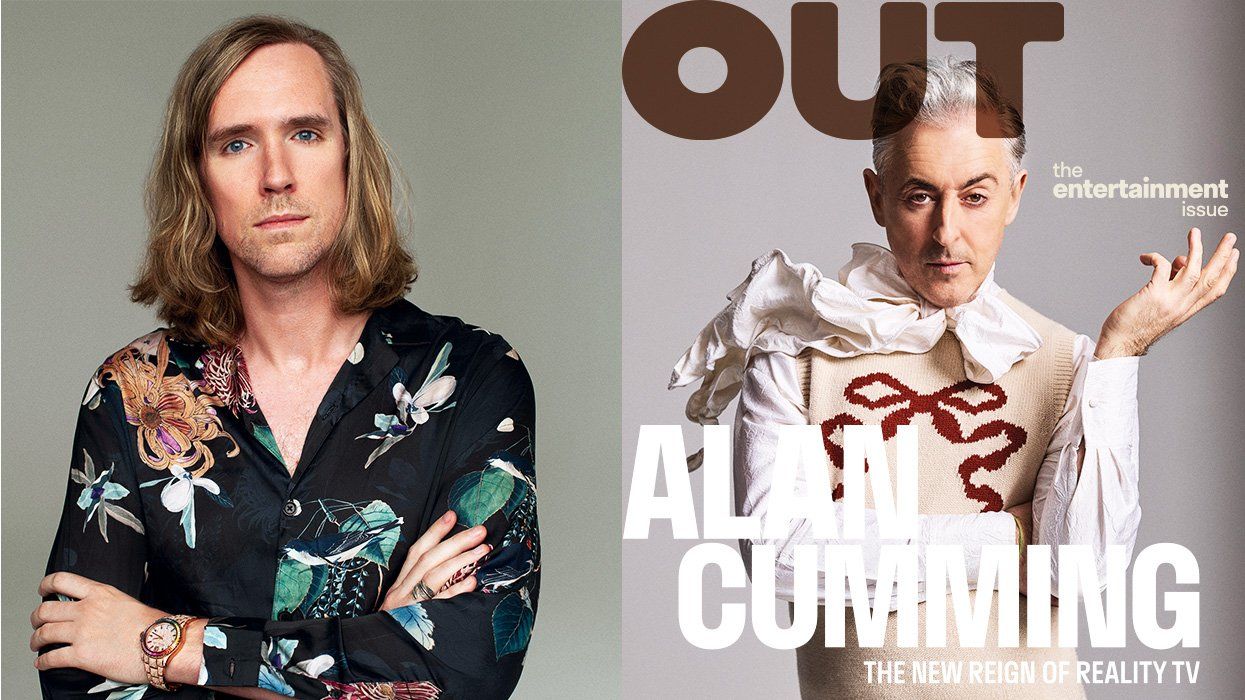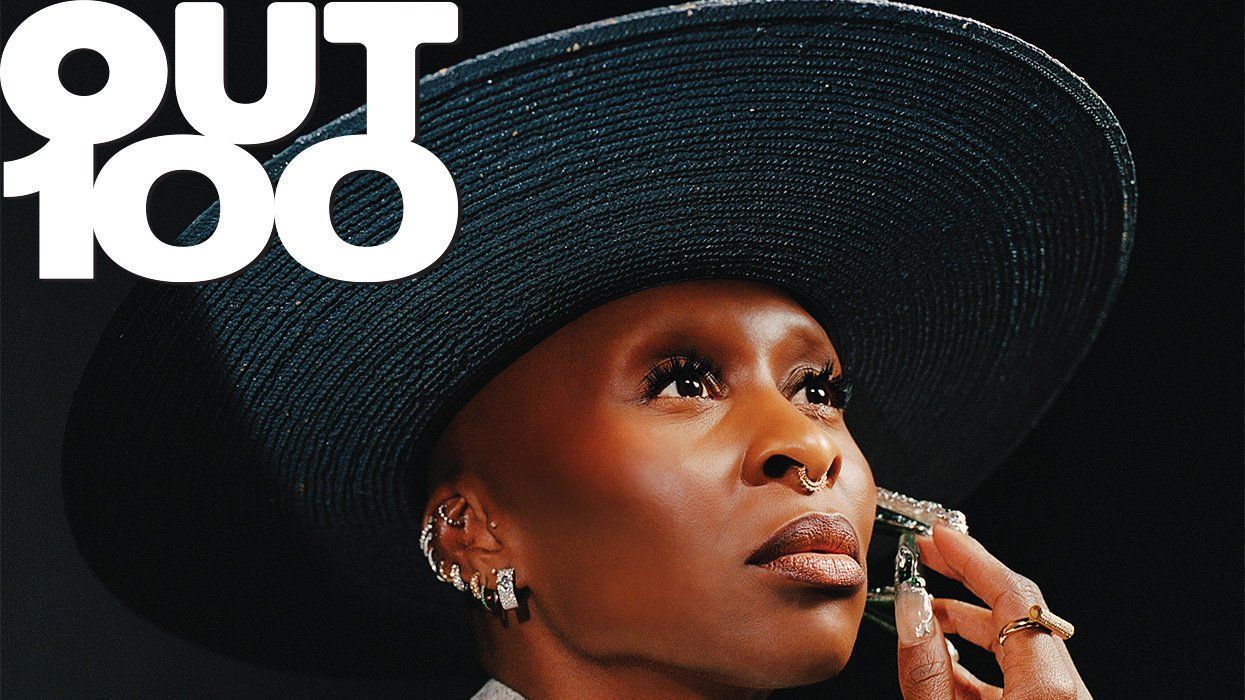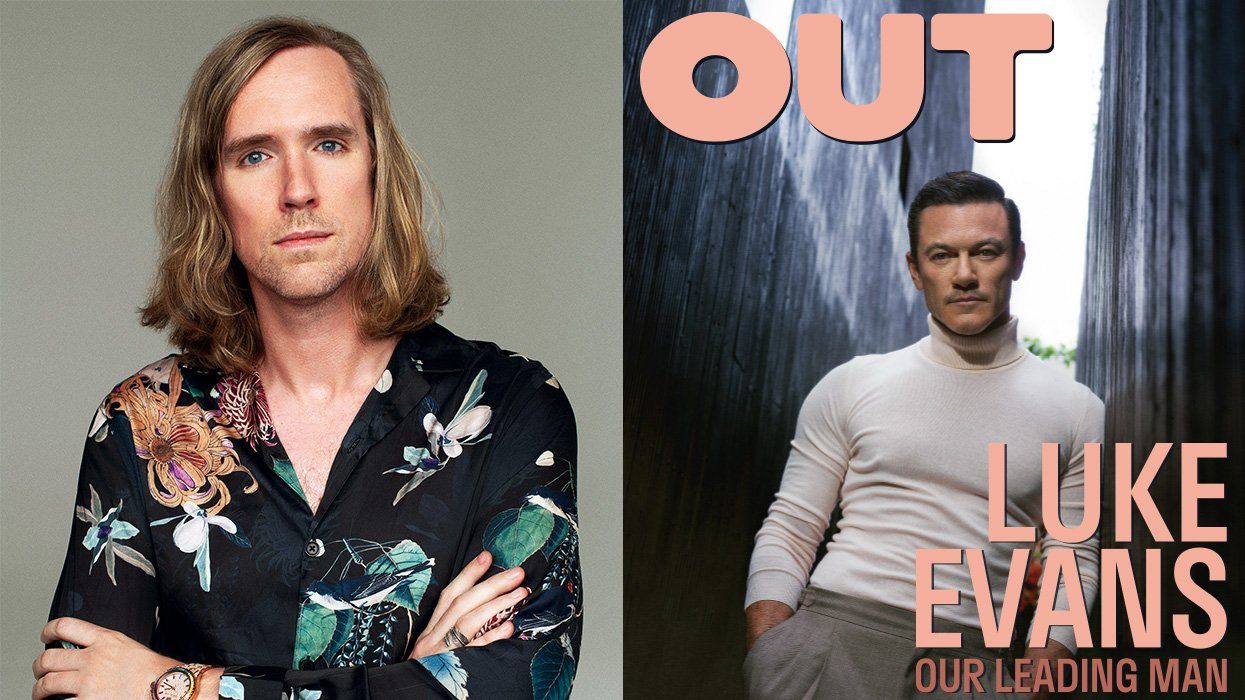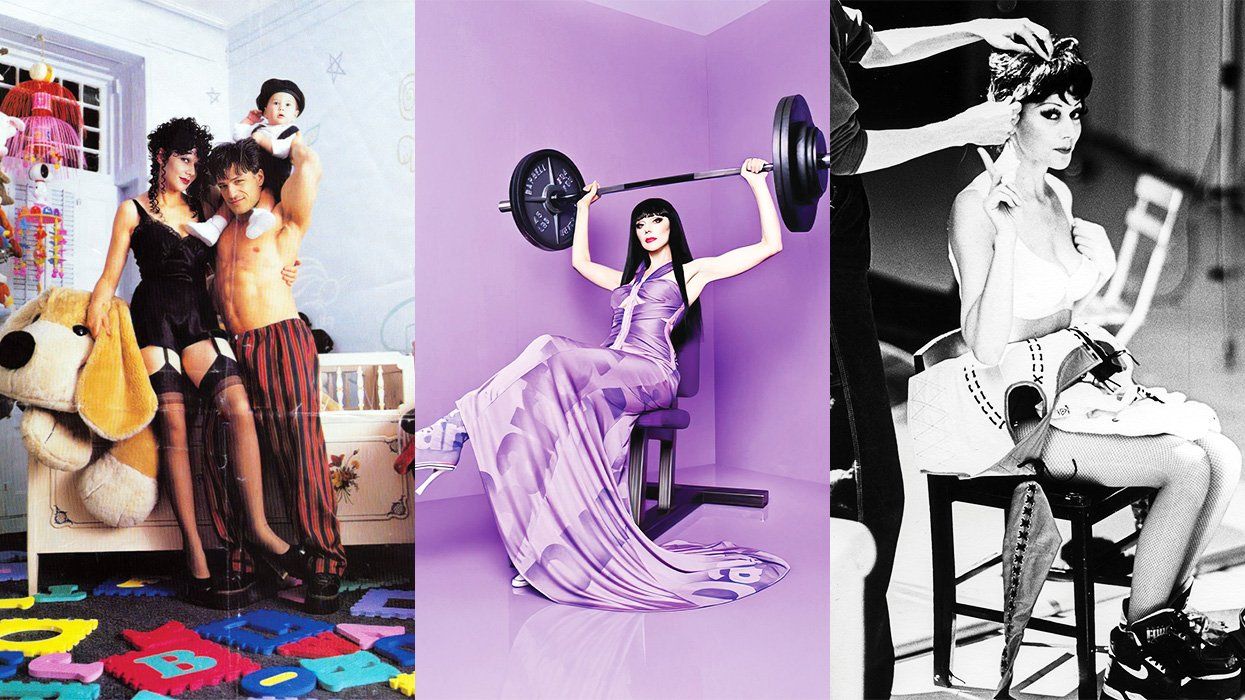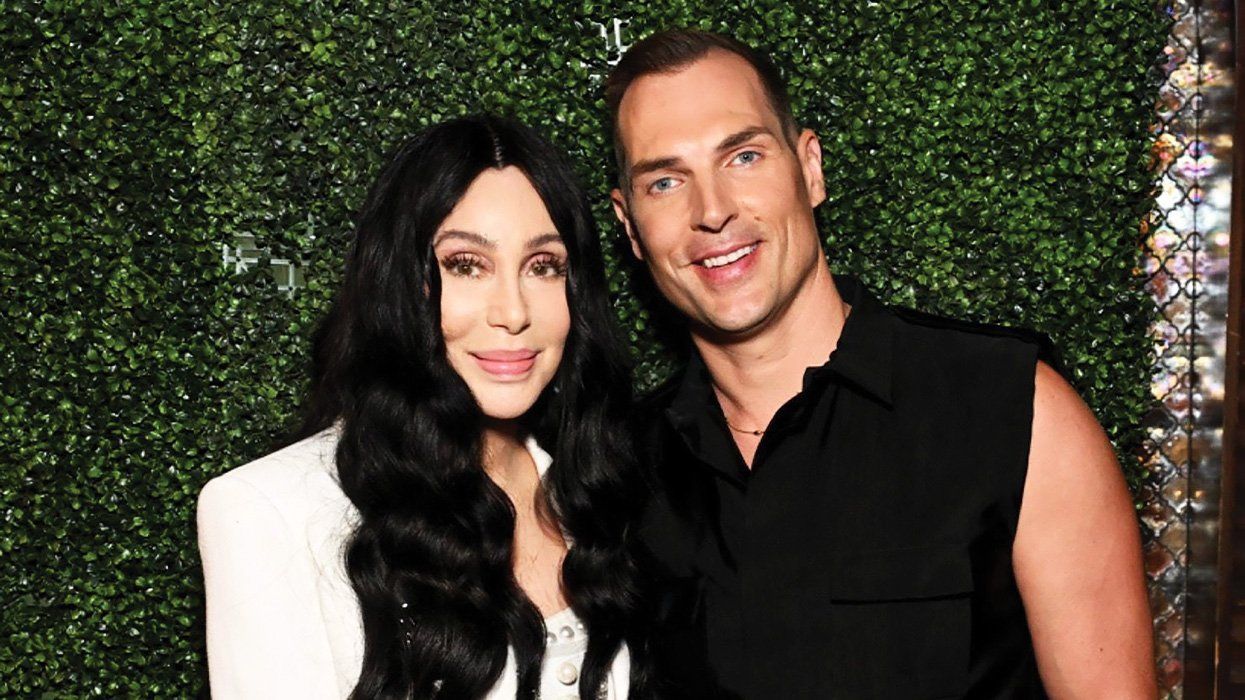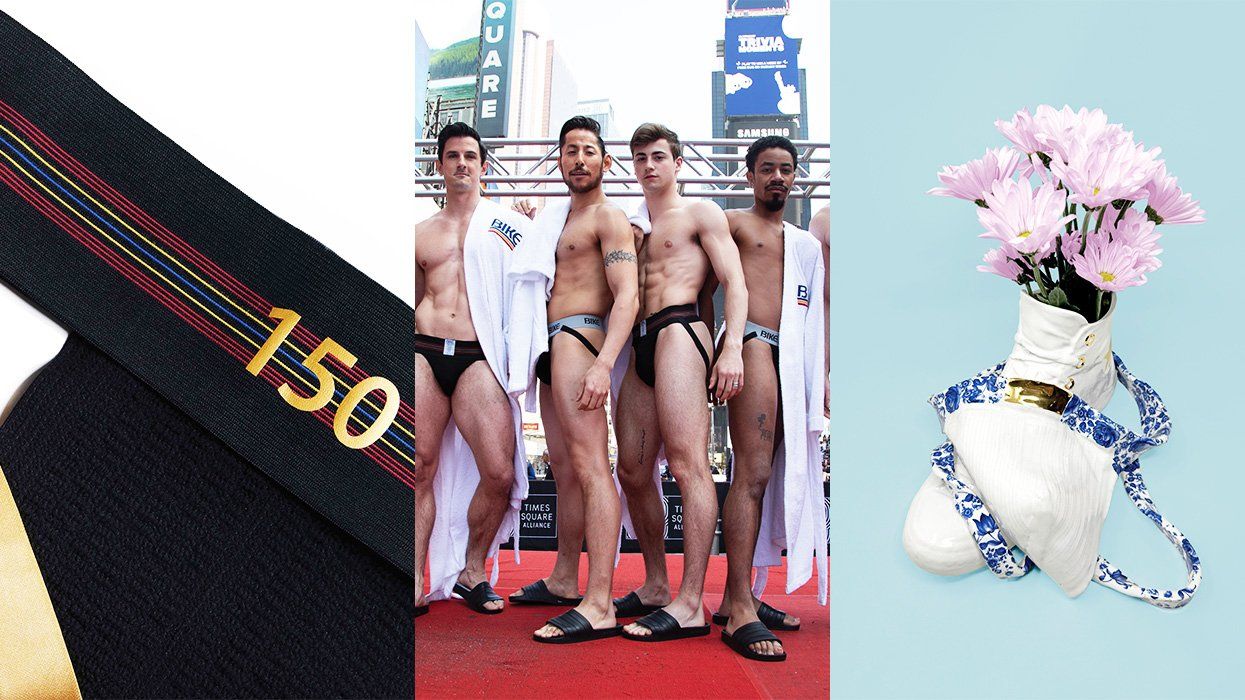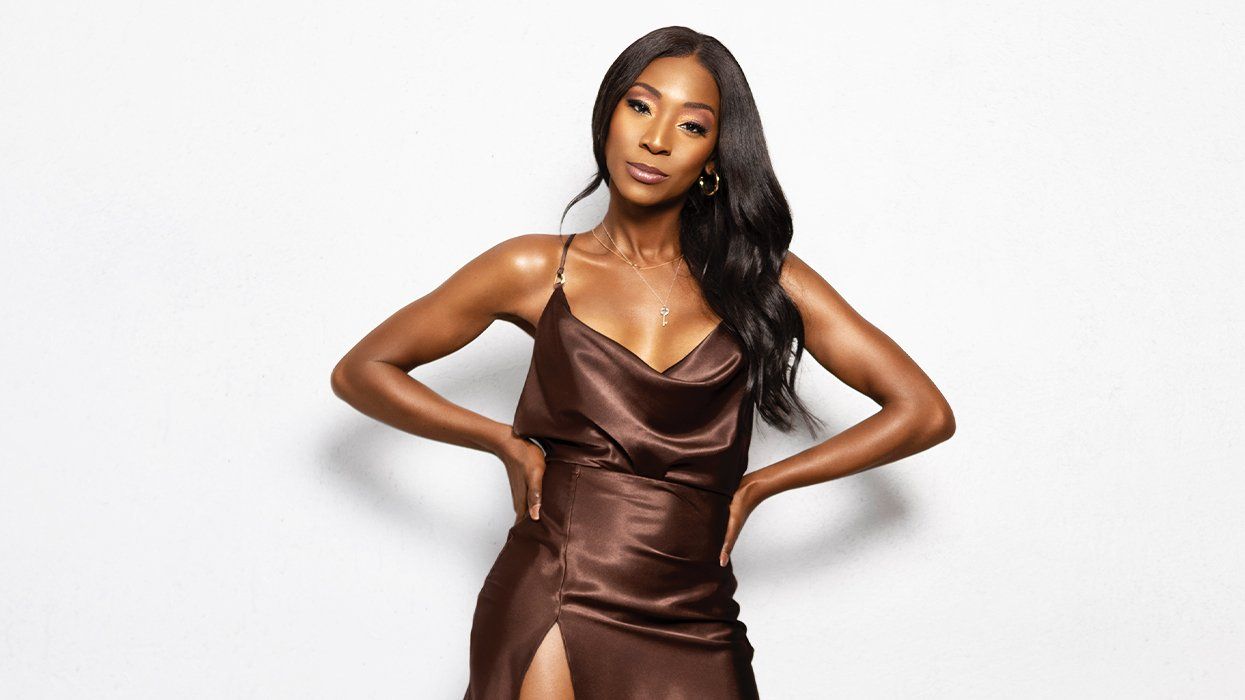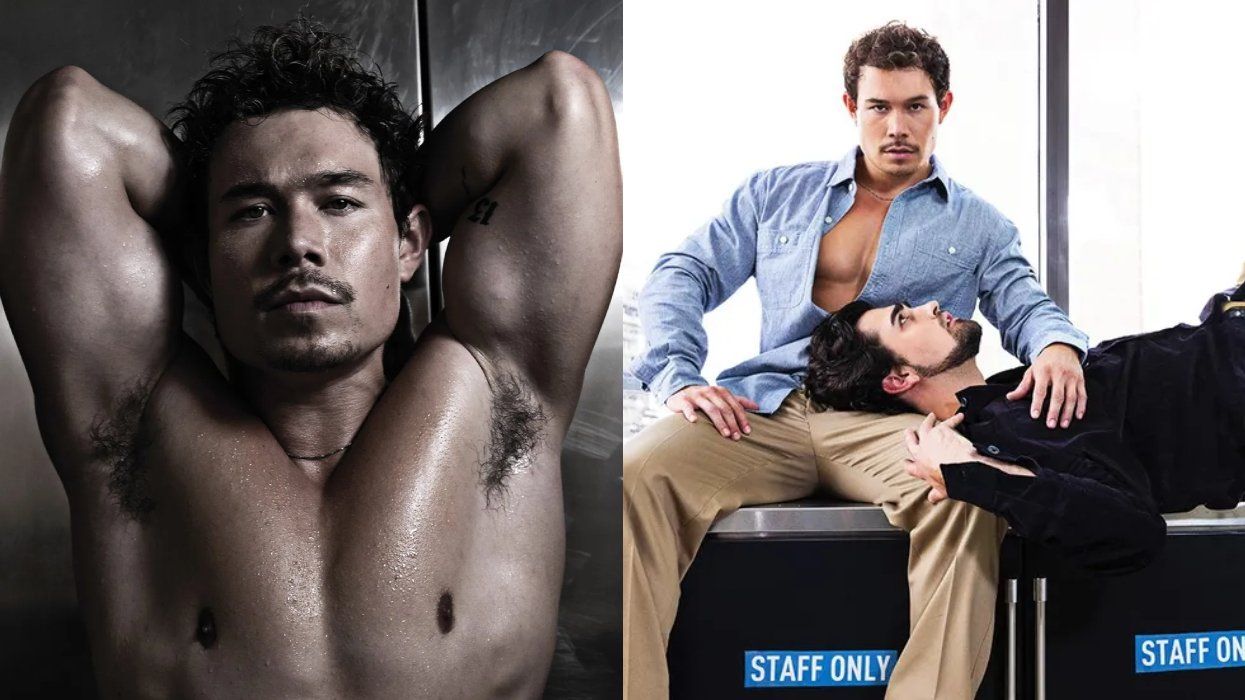*Note: Janaya Khan will moderate the first-ever Out100 Symposium on Friday. More information at the bottom of this post.
As cofounder of Black Lives Matter Canada, a program director for racial justice organization Color of Change, and speaker for the Keppler Speakers Bureau, Janaya "Future" Khan has emerged as one of today's most influential leaders of the Black liberation movement.
In an essay Khan recently penned for Time, the queer, nonbinary artist and author writes, "Activism is being for someone else who you needed most in your most vulnerable moment." Khan reflects on a difficult period in their own life when they witnessed the power of this concept in action.
"I didn't know that it was activism.I only knew that it was care. I only knew that it was kindness," Khan says of a time in their early teens when they and their family resided in a women's shelter. They explain how the women there would go out of their way to protect and support them -- even pretending to be "aunties" when answering the shelter phone to help Khan and their sister avoid embarrassment.
"At a certain point, those women caught on," says the Toronto native who's now based in Los Angeles. "They started to call themselves our aunties as well.... A lot of them were fleeing domestic abuse, dealing with poverty, and many other societal elements and ills -- and here they are carving out time for this 13-year-old that needed more care. Taking me with them to the store for walks, just to give me a little talking to, just to give me a little bit more attention.... So that fundamentally rearranged how I saw people showing up for each other. These were poor women, white women, Black women, East Asian women.... This house was full of people who had been left behind -- and refused to leave anyone else behind as a result. And that stayed with me; it taught me what advocacy could look like."
Khan, who is married to BLM cofounder Patrisse Cullors, has an amazing gift for speaking -- and somehow manages to inject an inspiring dose of Zen positivity into a movement packed with trauma and pain. In addition to their ability to uplift folx at the darkest of times, Khan is also masterful at explaining abstract ideas and complex systems in terms anyone can understand. To illustrate this point, just check out Khan's YouTube video on defunding the police, in which they break down the problems with our current law enforcement and prison systems -- and gives concrete solutions for changing them -- in about two and a half minutes.
Khan has also been vocal about their queer, nonbinary identity and their thoughts on coming out or exactly what being "out" entails.
"Saying I'm queer, I'm trans, nonbinary, sure, is a part of it," Khan says. "But really, what it is, is I am no longer going to live in fear. I'm going to live in power.... And I think that's what we need more people to understand, really, everyone, is that it's time for everyone to come across."
Khan, who is also an amateur competitive boxer as well as a burgeoning fashion muse, thanks to their effortlessly cool style sense, explains how our personal identities are directly connected to the state of the world. Our strength as individuals has a direct correlation to the dismantling of evil and unjust systems, Khan says.
"Identity can and should be an entry point into movement," they say. "I understand that Black liberation, for example, is integral to the liberation of all people. And so I believe that identity can actually be our entry point into movements, but it shouldn't be our exit point. I believe that our exit point should be informed by shared values and by our belief system -- because we're not fighting an administration.... What we're fighting is a belief system.
"When you look at some of the legislation that's being used to attack trans people and particularly trans women, it's the same language that was used to keep Black people out of public spaces [during segregation].... They really don't have to recreate new ways to oppress us; they just recycle them."
Though Khan admits that 2020 has certainly been difficult and exhausting for activists, they say the progress made keeps them motivated and focused on the ultimate goal.
"At varying times throughout the day, everything feels possible," Khan says. "And then at other times, winning seems impossible in our lifetime . And then I remind myself, at the risk of losing myself again, that losing this fight is so much greater than any risk that's presented by this administration, by the ilk...."
Khan doesn't plan to stop anytime soon.
"We fought so hard to be here, especially as the queer and trans community, and I'll be damned if we lose ground because some people have temporarily out-resourced us."
Janaya Khan is one of four cover stories for 2020's Out100 issue, which is comprised of 100 of the most influential LGBTQ+ names in music, fashion, culture, advocacy, and more. Janelle Monae, Joe Mantello, and Wilson Cruz appear on the other covers. The full list will be released Thursday, November 19, 2020 and the issue is out on newsstands on December 1, 2020. The first-ever Out100 Symposium, titled "How Do We Come Back From This" will stream on Out Friday and is set to be hosted by Janaya Khan. The first-ever Out100 Virtual Honoree Induction Ceremony will be Saturday, November 21, 2020 at 8 p.m. EST. You can watch live on the Out100 Live landing page.
Photography by Nabil Elderkin



